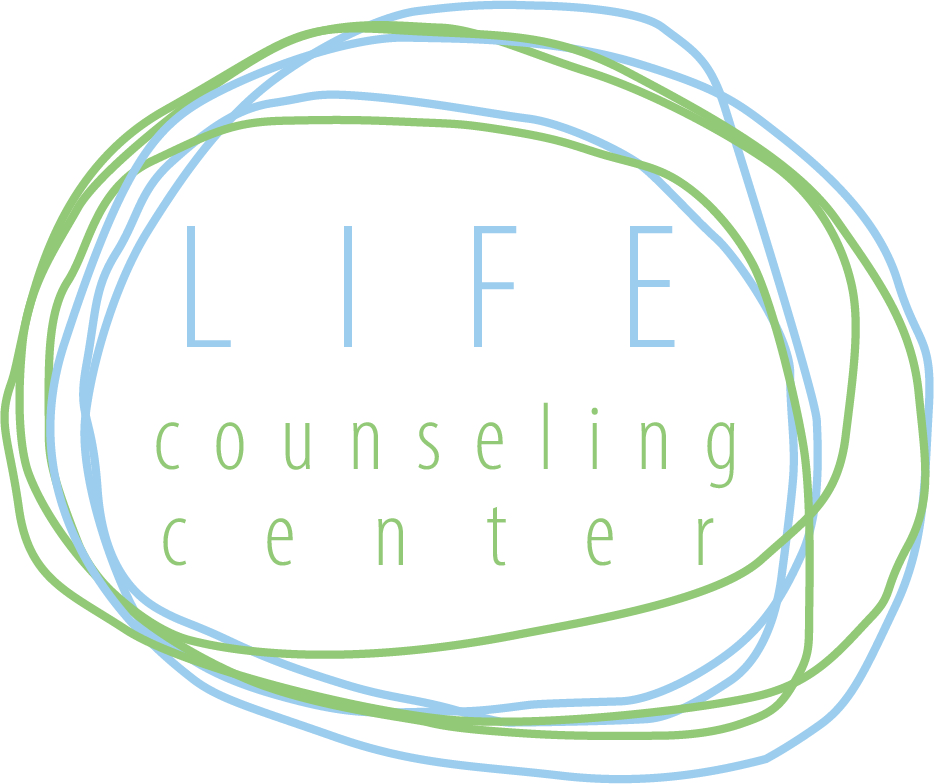Life Counseling Center has a number of trained counselors who specialize in working with children and adolescents
Community Based Rehabilitation Services are a home or community-based program available to children and adolescents who are recovering from a serious emotional disturbance (SED). The program promotes resilience and the acquisition of age-appropriate skills, or with compensating or eliminating functional deficits associated with their emotional disturbance.
The intent of Community Based Rehabilitation Services for children and adolescents is to either rehabilitate the child/adolescent member’s capacity impairment or to teach age-appropriate skills that may not have been acquired as a result of the SED. Eventually, the goal is that the member be capable with the lowest level of professional intervention (least restrictive services). CBRS addresses specific skill-building support needs and is not a generic support service or intended to be long-term assistance.
CBRS Services are focused on enhancing the quality of life for people with mental illness through rehabilitation strategies, equal opportunities, and social inclusion.
Each individual in CBRS services will develop a personalized recovery plan. The recovery plan will outline goals related to daily living, social, leisure, and recreational skills to function in the community as an equal member of society.
Individuals who are eligible for CBRS services as outlined by the Idaho Department of Health and Welfare are:
Adults (18+) with Serious Mental Illness (SMI) who have identified functional limitations as a result of a mental illness
Or
Children diagnosed with a Serious Emotional Disturbance (SED) who have demonstrated functional impairment as a result of the SED
LIFE Counseling Center serves by:
Assisting in teaching skills necessary to function adaptively in home and community settings working towards independence
Assisting in teaching skills to manage personal finances, living arrangements, and daily home care duties
Training clients in social skills that directly relate to the client's mental illness to improve community functioning
Assisting in teaching cognitive skills for problem-solving everyday dilemmas, listening, symptom management, and self-regulation
Helping clients to improve communication skills
Encouraging clients to self-administer medication as prescribed through verbal prompts to maintain or improve mental health
Helping client stay connected to mental and physical health services
Working with parents/guardians to provide psychoeducation, follow up and support actions that help the child's positive response to the services (back)
